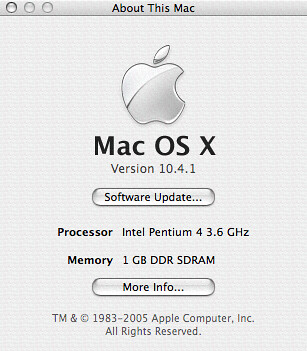Trying Out Bookends
I'm doing some bib work right now, and have decided to give Bookends a try before upgrading my Endnote. We'll see if it satisfies. Right now I'm using the ever-helpful connection to other libraries, Amazon, Library of Congress, etc. feature to easy entry of info.
One real absence I see so far is the ability to add info to bib entries you already have in the software. For instance, connecting to an academic library pulls the best and largest amount of bib info into the entry. It's not ideal, since you still have to do alot of manual input. For instance, and editor of a compiled volume is invariably listed in the author category. But, libraries of course don't have the nifty cover jacket picture that Amazon does, so, I'd like to do a second search at Amazon and
I do wish I could use Delicious Library or
Booxter to enter books, as I
discussed here, but let's face it... the books I'm using don't have bar codes to scan. They're either too old or don't have the dust jacket still.
And on the subject of bib entry:
I don't suppose this qualifies as submitting a feature request, since Jon from Sonny Software made a comment on the Mac Biblioblog a few months ago that he doesn't read this blog.
Is it possible to start a campaign to put the year published on the title page? The title page has everything else In need to look at when doing bib work, and it seems to me that eliminating the need to turn the page would increase my productivity by 50% (though too often I do also go looking for the LCN.

 Really, this means very little to you, typical bible scholars and pastors. It does mean that Macs will get faster quicker and/or possibly less expensive. Newer version of applications will be able to run natively on both older PPC computers or Intel machines. But still, your "old" OS X apps will run on the newer processors via a tranparent translator (which they've named "Rosetta"!) without any performance or speed issues. It will be the end of 2007 before Apple before the entire Macintosh computer line runs on an Intel Pentium processor. It means that apps that currently run only in Classic mode might be left behind (until someone writes a new emulation).
Really, this means very little to you, typical bible scholars and pastors. It does mean that Macs will get faster quicker and/or possibly less expensive. Newer version of applications will be able to run natively on both older PPC computers or Intel machines. But still, your "old" OS X apps will run on the newer processors via a tranparent translator (which they've named "Rosetta"!) without any performance or speed issues. It will be the end of 2007 before Apple before the entire Macintosh computer line runs on an Intel Pentium processor. It means that apps that currently run only in Classic mode might be left behind (until someone writes a new emulation).

